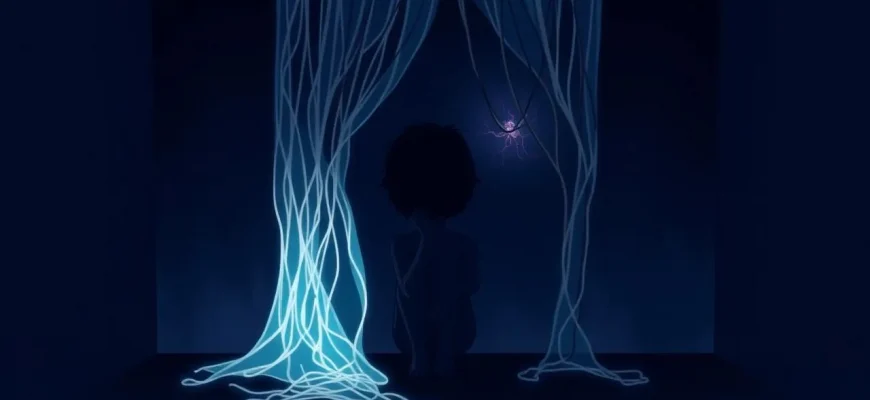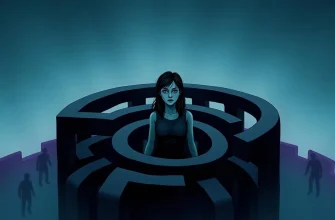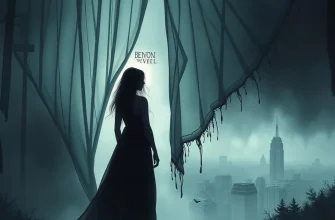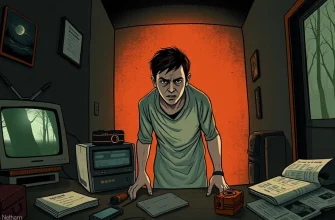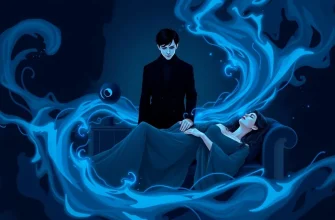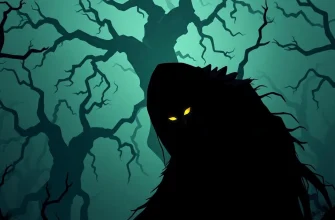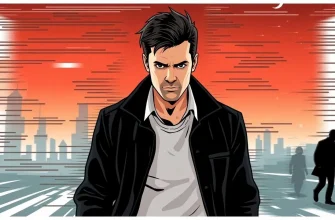Delving into the psyche can be as terrifying as any physical threat. This curated list of horror films focuses on the theme of altered consciousness, where characters experience reality in distorted, often horrifying ways. Whether through drugs, hypnosis, or supernatural forces, these movies explore the thin line between sanity and madness, offering a unique blend of psychological horror that will leave you questioning what's real and what's just in the mind.

The Cabinet of Dr. Caligari (1920)
Description: A tale of a hypnotist who uses a somnambulist to commit murders, this silent film uses expressionistic sets to visually represent the distorted reality of its characters' minds.
Fact: It's considered one of the first true horror films and its visual style influenced many future horror movies.
 Watch Now
Watch Now 
A Nightmare on Elm Street (1984)
Description: Freddy Krueger invades the dreams of teenagers, turning their subconscious fears into deadly reality. This film blurs the lines between dreams and reality, making sleep a terrifying prospect.
Fact: The idea for the film came to Wes Craven from a series of newspaper articles about a group of Cambodian refugees who died in their sleep from nightmares.
 Watch Now
Watch Now 
The Serpent and the Rainbow (1988)
Description: An anthropologist investigates voodoo in Haiti, leading to encounters with zombies and altered states of consciousness through drugs and rituals. The film delves into cultural horror and the manipulation of the mind.
Fact: The film is loosely based on the non-fiction book by Wade Davis, which explores the cultural and scientific aspects of zombification in Haiti.
 Watch Now
Watch Now 
Jacob's Ladder (1990)
Description: A Vietnam War veteran experiences bizarre and terrifying hallucinations, blurring the lines between his traumatic past and a potentially altered present. The film explores themes of PTSD and existential horror.
Fact: The film's ending was changed multiple times during production to keep the audience guessing about Jacob's reality.
 Watch Now
Watch Now 
In the Mouth of Madness (1994)
Description: An insurance investigator searches for a missing horror novelist, only to find himself trapped in a reality where fiction becomes terrifyingly real. The film plays with the concept of reality and fiction merging.
Fact: John Carpenter, the director, has cited H.P. Lovecraft as a major influence on this film, particularly in its themes of cosmic horror and the blurring of reality.
 Watch Now
Watch Now 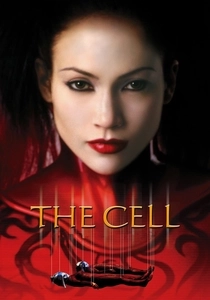
The Cell (2000)
Description: A psychotherapist enters the mind of a comatose serial killer to find his latest victim. The film uses surreal imagery to explore the depths of human consciousness and the horror of a mind gone mad.
Fact: The movie was one of the first to use extensive CGI for creating dream sequences, showcasing the potential of digital effects in psychological horror.
 Watch Now
Watch Now 
The Machinist (2004)
Description: Trevor Reznik, a machinist, suffers from severe insomnia, leading to a psychological breakdown where reality and paranoia intertwine. The film examines the effects of sleep deprivation on the human mind.
Fact: Christian Bale lost 62 pounds for his role, showcasing his dedication to portraying the physical and mental toll of insomnia.
 Watch Now
Watch Now 
Shutter Island (2010)
Description: In this psychological thriller, U.S. Marshal Teddy Daniels investigates the disappearance of a patient at a psychiatric hospital, only to find his own sanity unraveling. The film delves into themes of guilt, memory, and the manipulation of reality.
Fact: The film was based on Dennis Lehane's novel of the same name. The ending was kept a secret from the cast and crew until the very end of filming to capture genuine reactions.
 Watch Now
Watch Now 
The Lighthouse (2019)
Description: Two lighthouse keepers descend into madness and paranoia, their isolation and the harsh environment altering their perception of reality. The film explores themes of isolation, masculinity, and the supernatural.
Fact: The film was shot in black and white, using a
 Watch Now
Watch Now 
The Exorcist III (1990)
Description: Detective Kinderman investigates a series of murders that seem to be connected to a demonic force, exploring themes of possession and the supernatural influence on the human mind.
Fact: The film was originally intended to be a standalone movie titled "Legion," but was rebranded as a sequel to capitalize on the success of the original "The Exorcist."
 Watch Now
Watch Now 
